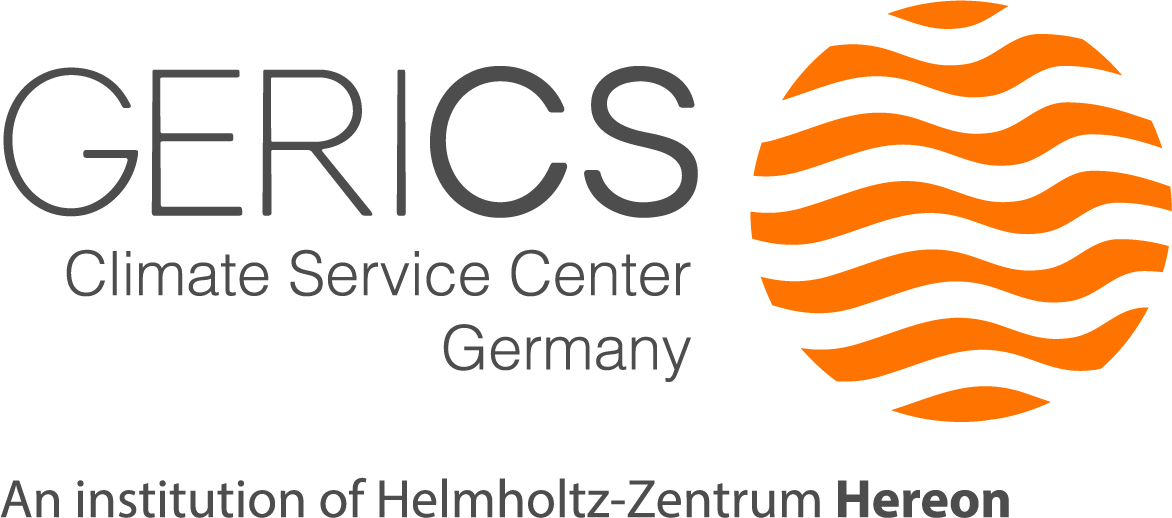Transdisciplinary research on heat-health warning System
Lecturer: Shih-Chun Candice Lung / Research Center for Environmental Changes, Academia Sinica, Taipei, Taiwan
Abstract:
This presentation will introduce a transdisciplinary collaboration of multidisciplinary scientists and multiple stakeholders for establishing an evidence-based heat-health warning system in Taiwan. The stakeholders involved in this process starting from the Central Weather Bureau, to the Health Promotion Administration of Ministry of Health and Welfare, then to multiple governmental agencies and private sectors. The required scientific evidences were identified through stakeholder-engaging meetings and provided during nearly a ten-year journey with the collaboration of environmental health scientists, atmospheric modelers, and statisticians. This collaboration effort was recognized and won the 2020 Presidential Hackathon. Lessons learnt will be shared in this presentation.
Introduction of Future Earth Taipei
This presentation will briefly introduce Future Earth Taipei which was established in 2015, one of the earliest National entities of Future Earth. Currently, National Committee of Future Earth Taipei is comprised of two thirds of scientists and one third of stakeholders. We have eleven working groups corresponding to Future Earth Knowledge-action network, early career scientist network, and initiatives. Future collaboration with Climate Service Center Germany is welcome.
Lecturer: Yue-Gau Chen / Executive Secretary, Center for Sustainability Sciences, Academia Sinica & Director, Research Center for Environmental Changes, Academia Sinica
An introduction to the Center for Sustainability Sciences, Academia Sinica and its engagements with international programs
Abstract:
In response to the global trend of a rising concern on environmental changes and human sustainability, Academia Sinica (AS) established the Center for Sustainability Sciences (CSS) in 2012. AS consists of 32 research institutes and centers, covering a wide spectrum of disciplines, but it has long managed the operation by three administrative groups: Mathematics and Physical Sciences, Life Sciences, and Humanities and Social Sciences.
To achieve the transdisciplinary research for sustainability sciences, CSS is administratively designed in association with the AS headquarter to facilitate the interactions across the groups. In terms of the missions, CSS has two major tasks: (1) Research program for the sustainability sciences; (2) International programs for promoting the collaboration of the sustainability sciences. For the first one, CSS internally runs as a funding unit to form the relevant research program, which has six general orientations. This is operated annually through a series of procedures, i.e., call announcement, proposal submission, review, decision, tracking, and evaluation. The second mission is to participate the internationally established organizations and their activities: Future Earth, Integrated Research on Disaster Risk (IRDR), and Belmont Forum. CSS accordingly hosts the national committee to be one of the family members of Future Earth. As well, CSS contracted with International Science Council to host an International Center of Excellence for IRDR. After a decadal effort on exercising the international events, CSS was recently partnered by Ministry of Science and Technology (MOST), Taiwan to jointly participate Belmont Forum.
My role in the CSS is the coordinator, a promoter for sustainability science and its international collaboration, which is benefited by my personal experience both working in university and governmental agency. As a scientist, the career objective is to get granted; however, as a staff working in funding agency the job responsibility is to prepare a research program by a just, fair, and transparent process. I am pleased having this opportunity to share my experiences from my early role as a Professor in school, then a Director General in national funding agency, and finally an Executive Secretary to operate the CSS.
